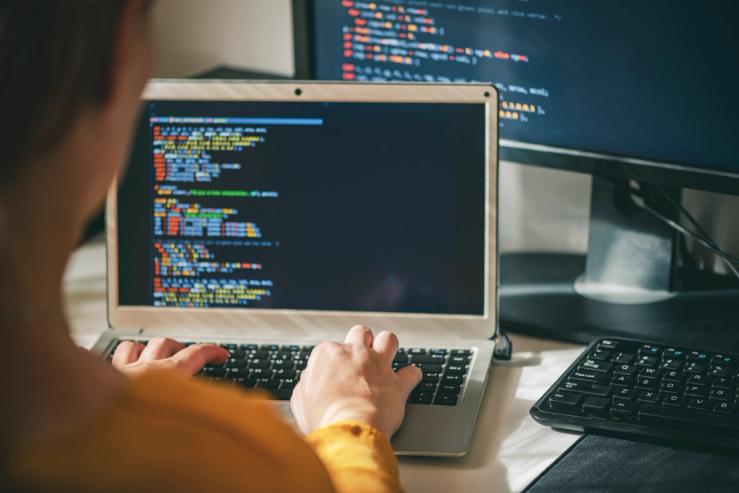Thanks to AI, the definition of what makes a great software engineer has fundamentally shifted in just a few years. As Rachyl Jones notes in her piece on vibe coding, even the computer science grads co-founding venture-backed startups in the heart of Silicon Valley have largely stopped writing their own code.
In another few years, creating a complex piece of software may be something third graders do for class projects. What we still don’t know is what a software developer will look like in five or ten years.There will always be a place in tech for brilliant mathematical minds who can understand software better than most. But what happens to the rest?
One possibility is that the work of software engineers doesn’t go away, but instead gets distributed. When personal computers were first invented, everyone who used them was, essentially, a coder. But over time, widely distributed software obviated the need for most people to create it.
The advent of the internet and then the cloud made the distribution of software instantaneous and global. A relatively small number of software developers created computer programs used by billions. These platforms became extremely complex, requiring up to thousands of software engineers. Facebook, Android, Windows, and iOS were some of the most successful.
The allure of building something used by billions of people enticed some of the best minds in the industry. But it also kept them far away from the end user.
These platforms restricted customization and were somehow also bloated. They were technological marvels and also walled gardens that stifled innovation and change.
The automation of computer code is a return to the earliest days of the personal computer. It means that software development will move closer to the end user or customer, and may in fact, be made by them. In that world, what it means to be a coder is fundamentally different. The thrill of building a product used by billions will be replaced by something else resembling empathy and curiosity. The ability to research and grasp real-world problems in specific domains could become a more valuable skill than understanding the intricacies of code.
There will be far more software in the world, automating far more of our lives. But it won’t be built by a faraway company, and instead maybe a human you actually know.


